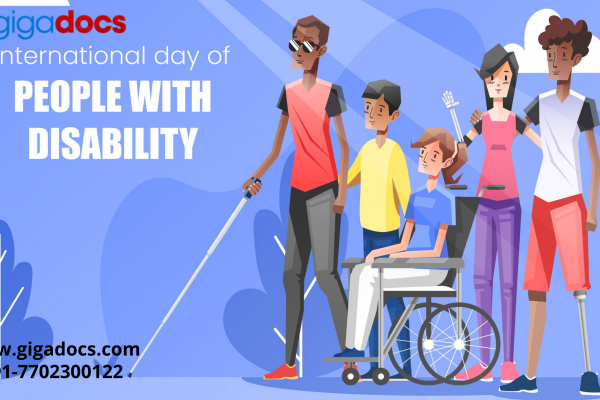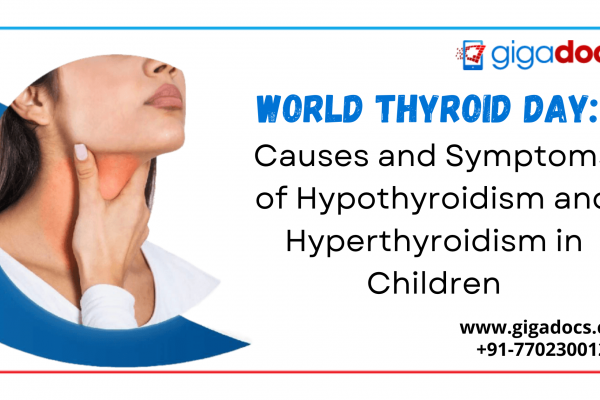Glaucoma is a category of eye disease which impacts one’s optic nerve and the range of vision. Blurry vision and Glaucoma eye damage is the result of your eyes exposed to abnormally high pressure. It is the elderly above sixty who are the most affected by Glaucoma. However, this eye condition can affect many people regardless of their age.
Many forms of Glaucoma show no symptoms. Since the /effect has such a gradual increase, an infected person cannot detect a difference in vision until the disease has progressed to an advanced stage.
Types of Glaucoma
Many types of glaucoma may damage eyesight. However, open-angle glaucoma and angle-closure glaucoma do the most harm—both types of glaucoma damage the optic nerve, which can ultimately result in blindness. Acute angle-closure glaucoma may either develop abruptly or gradually, a condition that is known as progressive angle-closure Glaucoma or chronic angle-closure Glaucoma. Acute angle-closure glaucoma requires an immediate medical consultation.
- Normal-tension Glaucoma
For those who have normal-tension Glaucoma, their optic nerve gets weakened even if their eye pressure is within the normal range. It’s likely that you have a sensitive optic nerve or that your optic nerve is not getting enough blood. Atherosclerosis, or the accumulation of fatty deposits (plaque) in the arteries or other disorders that hinder circulation, can be the reason behind decreased blood flow.
- Glaucoma and Children
Glaucoma eye infection may be present when the babies are born and subsequently grow overtime. The reasons behind optical nerve damage include drainage blockage or an underlying medical condition.
- Pigmentary Glaucoma
In Pigmentary Glaucoma, the iris builds up granules over the eyes’ drainage channels to eventually slow down or block the fluids from entering the eyes.
Risk Factors for Glaucoma
Since chronic glaucoma may cause vision loss even before any signs or symptoms occur, be aware of the following risk factors:
- High internal eye pressure (intraocular pressure).
- Being over 60 years old.
- Have a hereditary concern of glaucoma.
- Diseases like diabetes, sickle cell anaemia, heart disease, and hypertension, add to the risk.
- Having corneas with a thin central layer.
- Being highly near-sighted or far-sighted.
- Have undergone eye surgery or have an eye injury.
- Use of corticosteroid medications, especially eyedrops.
Prevention Tips for Glaucoma
These self-care tips will help you spot glaucoma in its early stages, which is critical for preventing or halting vision loss.
- Get dilated eye tests: Glaucoma can be detected early through an eye test (shown in the table below) until it causes serious harm. These self-care tips will help you spot glaucoma in its early stages, critical for preventing or halting vision loss.
Glaucoma eye test recommendation-
| Age Group | Frequency of Glaucoma eye test |
| Below 40 years | Once between five and ten years |
| Between 40 to 54 years | Once every two to four years |
| Between 55 to 64 years | Once every two years |
| Over 65 years old | Once every year |
- You should be aware of your family’s eye health records: Glaucoma tends to run in a family. If your family members have hereditary Glaucoma, you will need to be screened more often by an eye specialist. Schedule your ophthalmologist appointment on the Gigadocs app at a time convenient to you.
- Exercise in a healthier way: By lowering eye pressure, regular and moderate exercise can help prevent glaucoma. Consult eye specialists for an exercise regimen that is right for you.
- Take eye drops as instructed: Glaucoma eyedrops will significantly reduce the risk of glaucoma that develops from high eye pressure. Even if you don’t have any symptoms, ophthalmologists recommended eye drops must be used regularly.
- Cover your eyes by wearing sunglasses: Glaucoma may grow as a result of severe eye injuries. If you are working with power tools or like to play racket sports like squash, you should consider wearing preventive eye wear to protect your eyes.
Glaucoma Myths and Facts
Myth #1 Elderly are only affected by Glaucoma.
Fact: Glaucoma can affect any age group. Thus, it is critical to get regular eye tests regardless of age. Glaucoma causes permanent eye damage and vision loss, so it’s important to focus on it. Glaucoma can affect anyone of any age, including children and new-borns, but it is most common in older adults. As a consequence, it is essential to have routine eye tests regardless of age.
Myth#2: I have a clear vision; I will not be affected by Glaucoma.
Fact: Glaucoma is known as the “silent thief of sight” since in most cases, the vision may be as good as 6/6 before late stages. Several people are taken aback when they are diagnosed with glaucoma.
Myth#3: I don’t have glaucoma, and neither does anyone in my family.
Fact: Although a family history of Glaucoma is a severe risk factor for developing eye damage, it is possible that many of the family members have never been tested for this eye disease. It’s no wonder that many people with Glaucoma have no relatives who have been diagnosed with the disease.
Myth #4: There is no remedy for glaucoma, so there is no point in treating it.
Fact: Glaucoma needs constant monitoring and treatment to avoid blindness. Medication can help delay the spread and prevent future vision loss.
Myth #5: There are limited medication options to manage Glaucoma.
Fact: When medicine fails to control glaucoma, surgical and laser treatments are available, and one must not delay them. Eye doctors strongly recommend Laser therapy for Angle Closure Glaucoma, which is very common in India.
In the event of Glaucoma test and treatment delay, it may lead to the point of complete vision loss. Patients with glaucoma should consult experienced and knowledgeable glaucoma surgeons on the Gigadocs app to learn about their medical choices, including surgical and laser procedures.
Treating Glaucoma with Gigadocs
If you’ve just been diagnosed with glaucoma, you may still have many concerns about the best health care choices. In some instances, making a treatment decision becomes straightforward because all the therapies aim to lower eye pressure.
However, the choice of lowering the eye pressure becomes significantly more complicated since medications, laser, and surgical treatments are the available options at the different stages of glaucoma. To seek expert glaucoma ophthalmologist advice, experience, and assistance in selecting a treatment plan, contact expert eye specialists from the comfort and privacy of your home.
To consult the best eye specialists for your Vision problems, download the Gigadocs app from-
- IOS App – apple.co/2W2iG4V
- Android App – bit.ly/33AQoRC
Schedule a Virtual Consultation demo, email us at info@gigadocs.com




